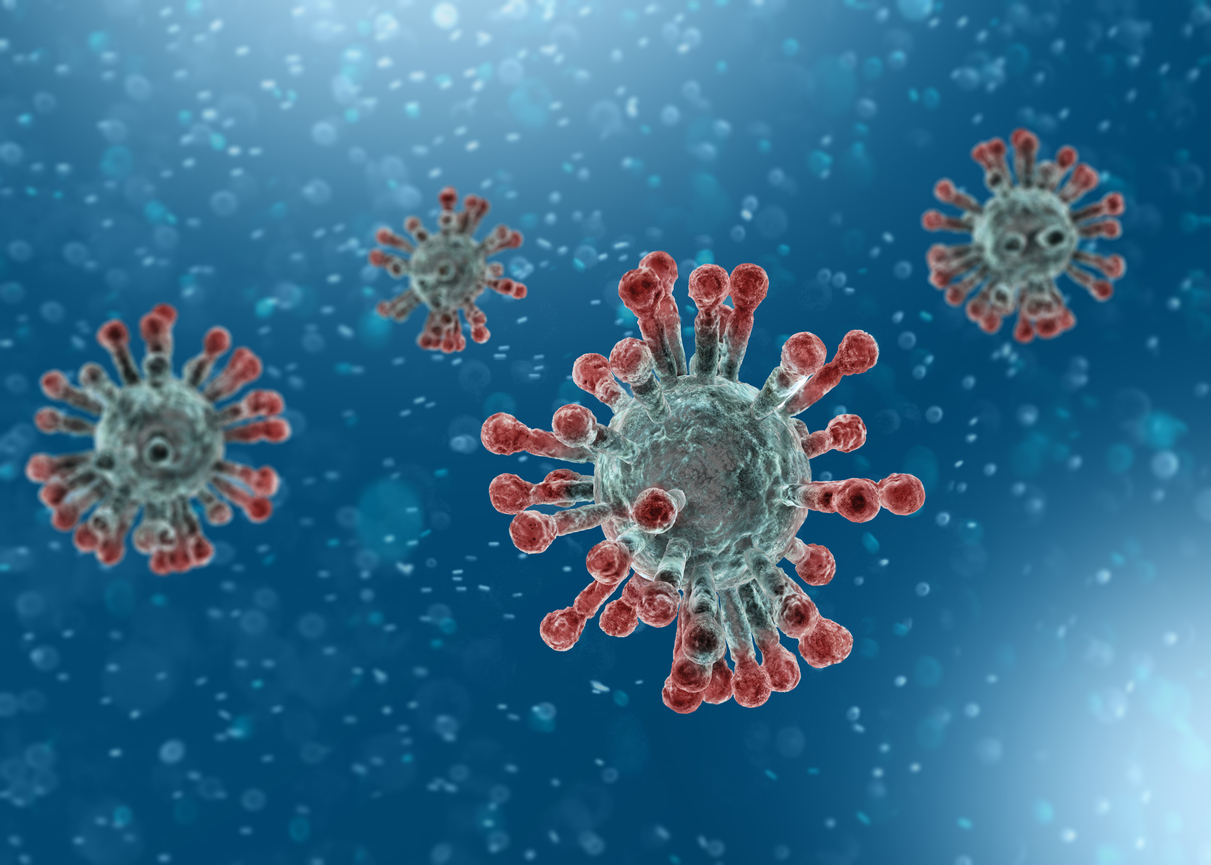RedHill's oral drug boosts Veklury efficacy in severe COVID

An oral drug developed by RedHill Biopharma has reduced mortality in severe COVID-19 patients when added to therapy with corticosteroids and Gilead Science's intravenous antiviral Veklury, setting up regulatory filings.
The phase 2/3 trial also showed that opaganib – an oral sphingosine kinase-2 (SK2) inhibitor – improved survival by 70% by day 42 compared to placebo when given on top of standard care, and improved the chances of recovery at day 14 by a third, from 27.9% to 37.4%.
The result marks a renaissance in fortunes for the programme, which was looking like it may join the long list of failed COVID-19 therapies when the first data from the 475-patient phase 2/3 trial emerged last September.
At that point there were trends in favour of opaganib, which is thought to combine anti-inflammatory as well as antiviral properties, but they did not reach statistical significance. However, a subset of patients needing supplemental oxygen did seem to get a benefit from the drug.
Armed with the new data, RedHill says it is preparing to engage in discussions with regulatory authorities in multiple countries around the world, including the US, EU and UK, with the aim of filing for emergency and marketing authorisation in the first half of 2022.
RedHill's chief scientific officer Dr Mark Levitt said that the new results, taken alongside earlier results showing reduced time to viral clearance with opaganib, provide "strong support" for its value in treating a group of COVID-19 patients for whom there is still significant unmet need.
Driven by the Omicron variant, "the hospitalised moderate to severe COVID-19 patient group is estimated to represent more than 50% of all hospitalised COVID-19 cases and growing," said Levitt.
At the same time, some of the established drugs for treating severe, hospitalised cases have shown lesser efficacy against Omicron, and it can be difficult to stop patients with milder disease progressing even with new drugs, he went on.
"Oral opaganib has now shown an ability to reduce deaths, speed up recovery and clear viral RNA, all with a safety and tolerability profile similar to placebo," according to Levitt.
It fulfils "the urgent need for new, preferably orally-administered, therapeutic options, unaffected by spike protein mutations, for this underserved and substantial patient population."
The Tel Aviv–based company is also developing an oral antiviral for SARS-CoV-2 – upamostat – which is in phase 2/3 trials in non-hospitalised COVID-19 patients and should generate its first clinical data shortly.
If successful it would compete with Pfizer's Paxlovid (nirmatrelvir/ritonavir) and Merck & Co/Ridgeback's Lagevrio (molnupiravir), which have already been authorised for use in multiple countries around the world.
RedHill – which has built its business to date selling drug products that have been acquired from other companies – will be hoping that the positive news on its lead COVID-19 project will start a recovery in its share price, which has fallen by more than two-thirds over the last year.
The big question for the company now is whether there will still be a materially-significant market for opaganib and possible upamostat in the coming years. Investors barely reacted to the latest readout, with RedHill's shares still rooted below $2.50, well shy of its 52-week high of $11.52.











